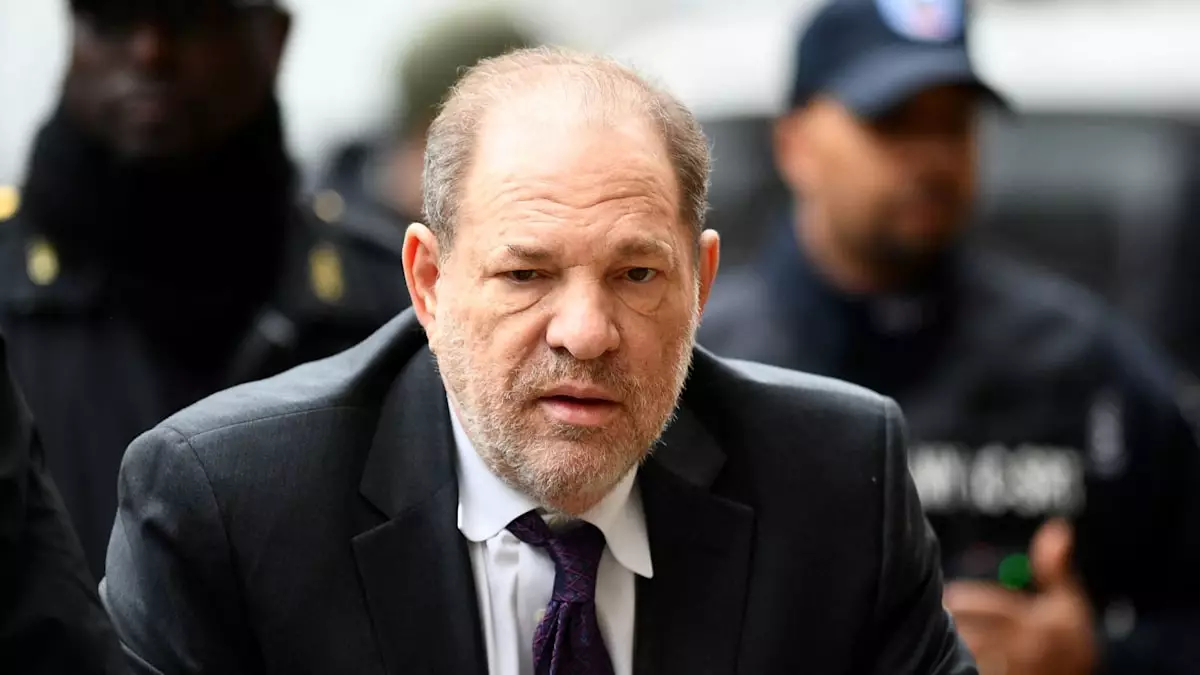In a surprising turn of events, the 2020 conviction of Harvey Weinstein on felony sex crime charges has been overturned by New York’s highest court, the New York Court of Appeals. The court found that the judge who presided over the trial made a critical mistake concerning the prosecution. The judge allowed the prosecution to call a group of women who claimed Weinstein assaulted them as witnesses, even though their accusations were not part of the charges on trial at the time. The court stated, “We conclude that the trial court erroneously admitted testimony of uncharged, alleged prior sexual acts against persons other than the complainants of the underlying crimes.” This decision ultimately led to the overturning of the conviction and the call for a new trial.
The appeals court determined that Harvey Weinstein did not receive a fair trial. The majority of the judges argued that allowing witnesses with allegations not related to the charges on trial to testify skewed the jury’s decision. Instead of focusing on the specific crimes Weinstein was being charged with, the jury may have been swayed by his past behavior. This raises questions about the fairness of the trial and the impact it had on the final verdict.
Harvey Weinstein’s case has been a focal point of the MeToo movement, and his conviction in 2020 was seen as a milestone in holding powerful individuals accountable for their actions. However, legally, there have always been controversies surrounding the case. Author Jodi Kantor points out that while Weinstein’s misconduct allegations have tarnished his public image, legally, there were always chances for appeals due to the nature of the trial. The overturning of the conviction brings to light the complexities of the legal system and the challenges of pursuing justice in such high-profile cases.
Harvey Weinstein’s legal troubles are far from over, as he continues to face allegations and convictions in other jurisdictions. In 2022, a Los Angeles jury found Weinstein guilty of raping an actress in a Beverly Hills hotel in 2013. Despite a mixed verdict on other charges, he was sentenced to 16 years in prison for this particular crime. This highlights the ongoing legal battles that Weinstein is entangled in and the multiple layers of accountability he must face for his actions.
Overall, the overturning of Harvey Weinstein’s 2020 conviction raises important questions about the judicial process, fairness in trials, and the complexities of high-profile cases. It serves as a reminder that the pursuit of justice is a challenging and multifaceted endeavor, with legal, public, and ethical implications that must be carefully considered.

Leave a Reply